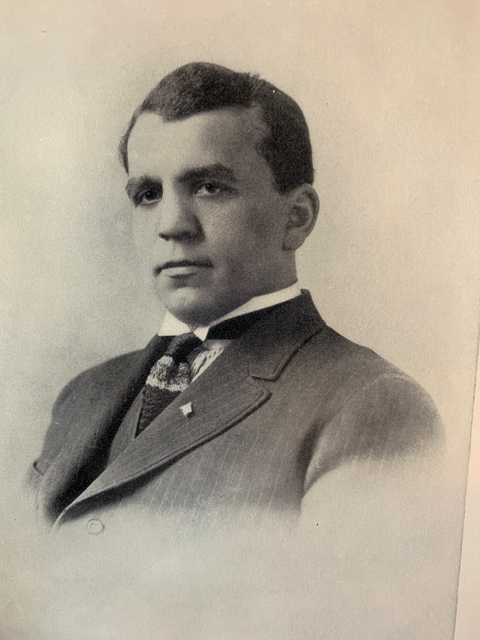
Two-Gun Levy was a real person named Morris Cohen and given the nickname "2-Gun" because he always carried two guns. He protected both Dr. Sun Yat-Sen and Chiang Kai-Shek from 1911 until his death in the 1950s.

Pinchas Levy participated in a love battle that became the talk of Ottoman Palestine. He fought with the Jewish Legion in WWI and then settled down at one of the first Kibbutzim.

David Levy joined one of the lower East side New York City gangs and eventually became head of one of the most notorious mobs in the US.

Leah Levy was a member of the wealthy and influential Polyakov family who became disillusioned and radicalized. She joined the Bolsheviks and through much suffering remained a member of the Communist party until her death in the late 1950s.
Copyright © 2019 Arvut Productions. All rights reserved.